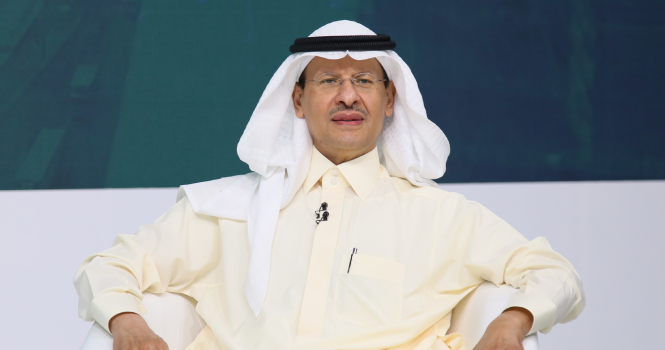Opinion | Saudi Arabia Recasts Itself as a Strategic Energy Player
❮ VSG News As Vision 2030 gains traction, Riyadh’s evolving global image signals new opportunities for operators and investors alike.
OPINION
By Arno Saffran, Monday 21 July, 2025Saudi Arabia’s transformation is no longer a talking point—it’s a narrative underpinned by economic substance and deliberate positioning. As media coverage of the Kingdom continues to shift away from political volatility toward industrial reform and investment, its role in the global energy landscape is being redefined with increasing clarity.
In 2024, over half of the international reporting on Saudi Arabia focused on the country’s Vision 2030 agenda, an unprecedented share that speaks volumes about the strength and reach of its reform strategy. Economic themes, once sidelined by geopolitical concerns, are now dominating global discourse. Infrastructure, energy innovation, and technological ambition are replacing the old tropes—and investors are noticing.
The change is quantifiable. Coverage of Saudi Arabia’s economy rose by 77% this year, driven by a series of high-profile events including the Future Investment Initiative, the LEAP tech forum, and the World Defence Show. These events are more than photo ops; they are stages for announcing capital deployment, policy shifts, and strategic partnerships that link traditional energy with emerging sectors like digital infrastructure and clean fuels.
Despite oil and gas occupying a smaller percentage of the overall media footprint—between 6% and 10%, depending on the outlet—the tone of that coverage has remained broadly positive. Commentators are increasingly framing the Kingdom not just as an oil exporter, but as a serious player in global energy diversification. Projects related to hydrogen, downstream integration, and infrastructure modernization have contributed to this sentiment shift, particularly in financial and trade publications.
Saudi leadership has also been instrumental in shaping perception. Senior figures in the ministries of energy, finance, and investment—along with executives at state-owned entities such as Aramco—are now prominent and consistent voices on the international stage. Their messaging is disciplined, strategic, and usually accompanied by policy detail or financial commitment. The result: credibility. Riyadh is not simply trying to reinvent itself—it’s doing so in real time, with enough capital and political coordination to pull it off.
A global sentiment survey conducted earlier this year supports this thesis. A majority of respondents across five major markets expressed openness to doing business in Saudi Arabia, and more than half said they would consider working there under the right conditions. Nearly 60% expressed interest in visiting. These aren’t just reputational gains—they’re indicators of real soft power, which in today’s global economy can translate quickly into talent mobility, capital inflow, and multilateral deals.
For oil and gas operators, especially those navigating post-pandemic volatility and energy transition pressures, this presents both a challenge and an opportunity. The Kingdom is not walking away from hydrocarbons, but rather repositioning itself as a bridge between fossil energy and cleaner technologies. That makes Saudi Arabia not only relevant but pivotal in the decade ahead.
As markets wrestle with the tension between energy security and decarbonization, Saudi Arabia is demonstrating that reputational strength and economic pragmatism can coexist. The question for industry leaders is no longer whether to engage with the Kingdom—but how, and how quickly.
References:
CARMA International (2024). Kingdom Reputation Report: Vision 2030 Drives Global Perception Shift. Communicate Online. Available at: CARMA Kingdom Reputation Report: Vision 2030 Drives Global Perception Shift (Accessed: 21 July 2025).
Government of Saudi Arabia (2024). Vision 2030: Milestones & Achievements. Vision2030.gov.sa. Available at: Vision 2030: Milestones & Achievements 2024 (Accessed: 21 July 2025).
How relevant and useful is this article for you?
★ ★ ★ ★ ☆ 11
ABOUT THE AUTHOR(S)
— Arno Saffran
Arno developed his approach through roles in client development (KPMG) and strategic commercial engagement (affiliated with advisories including Hakluyt), focusing on complex industrial and energy sectors.
VSG works across the extractive value chain, positioning people who form the critical bridge to early-stage relationships and commercial access in complex markets.
